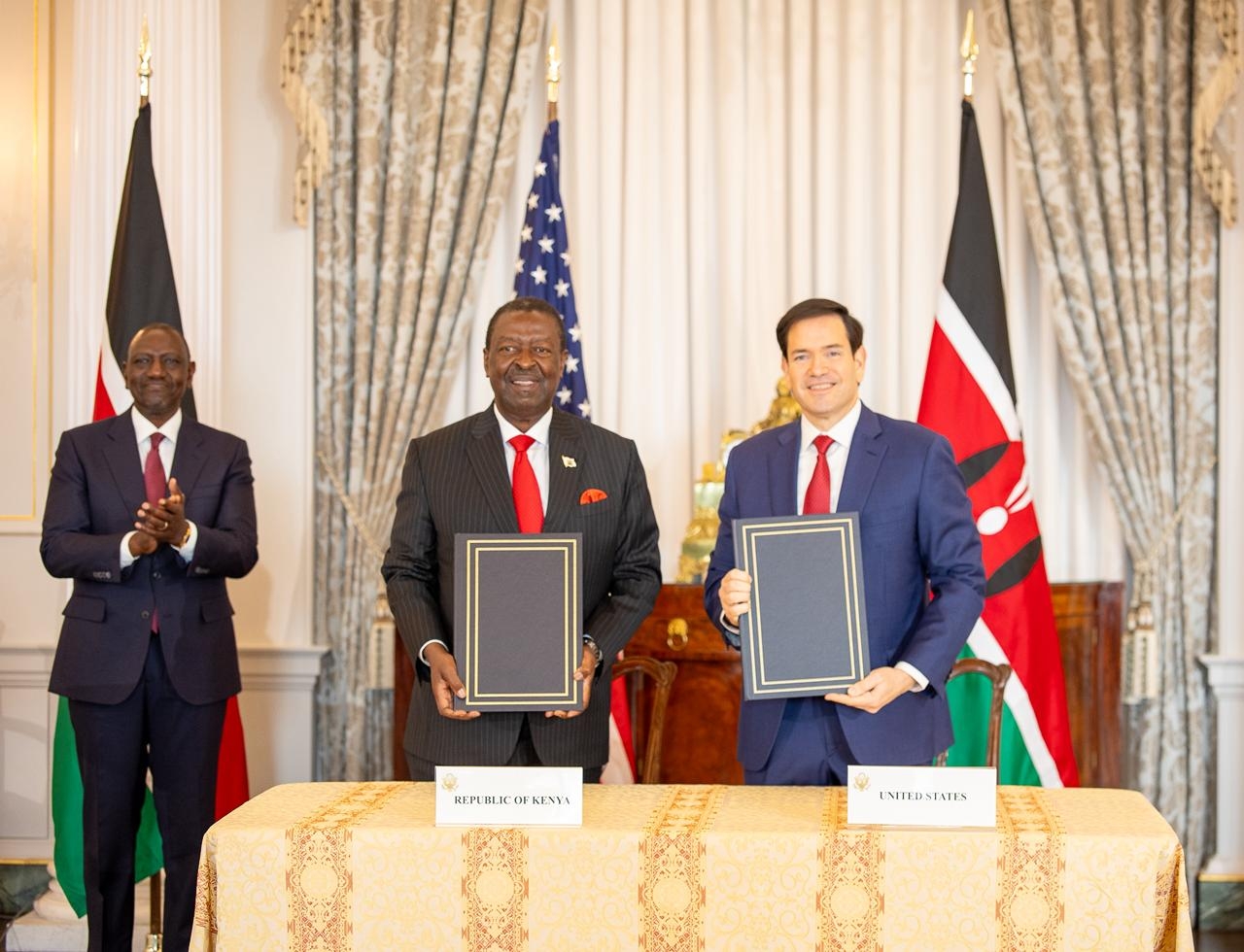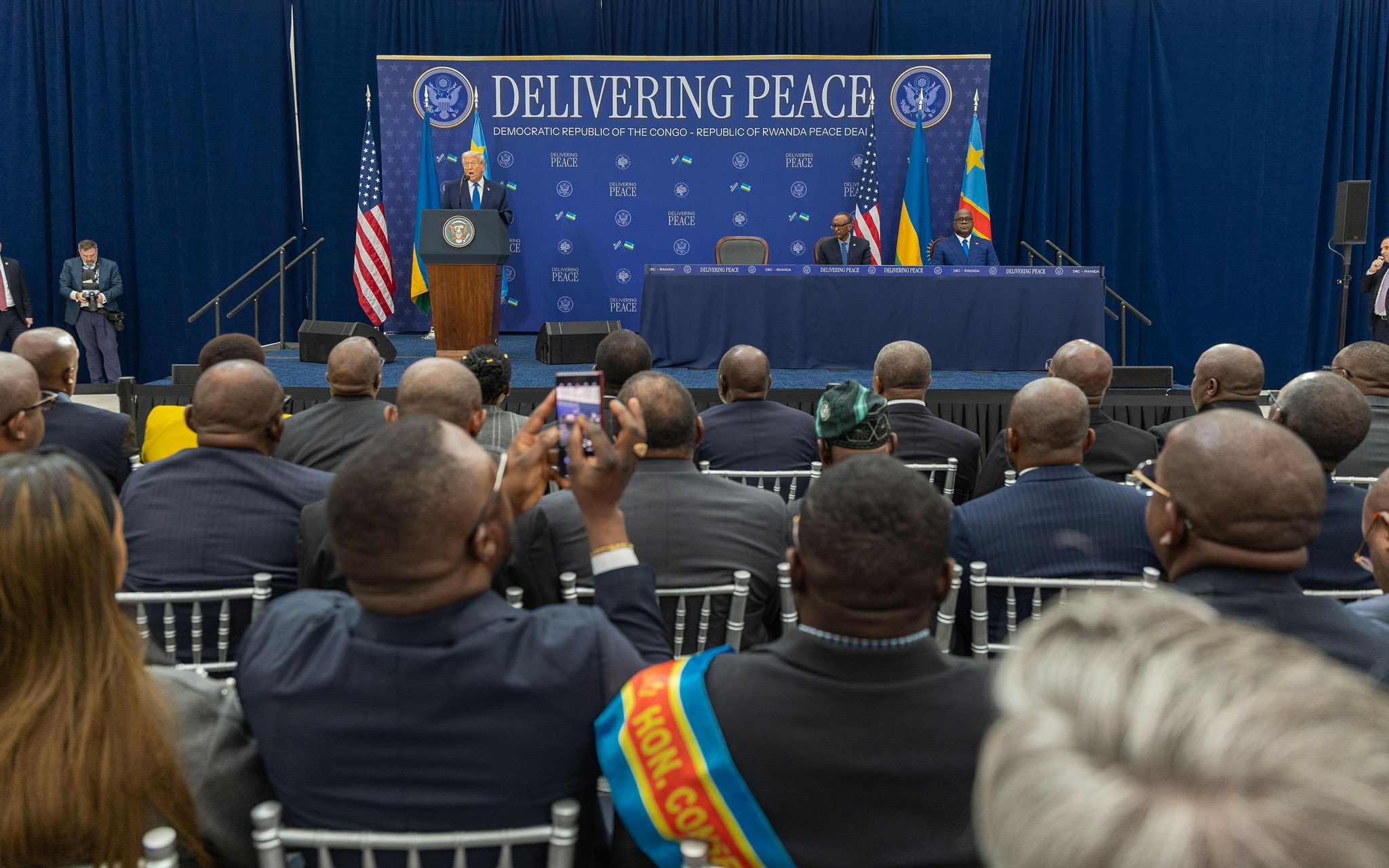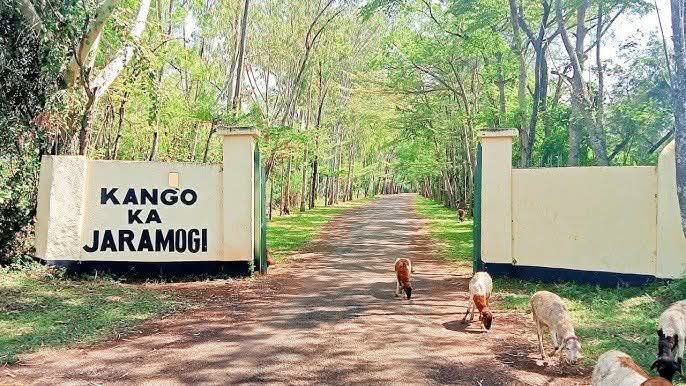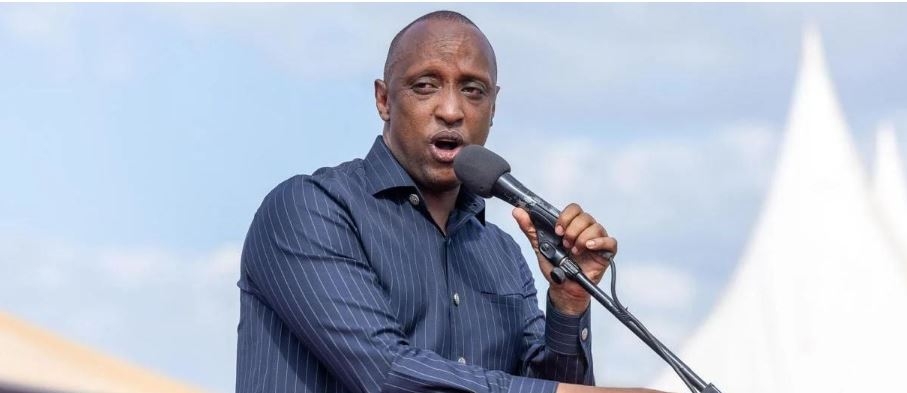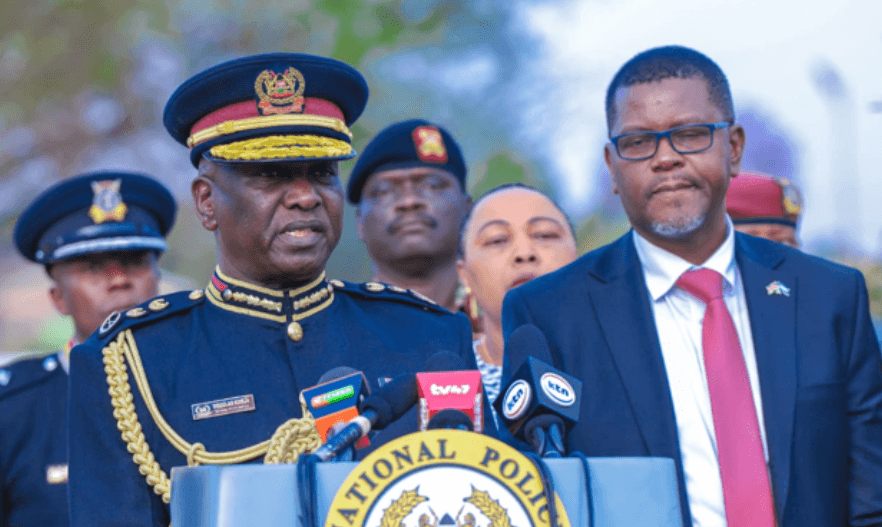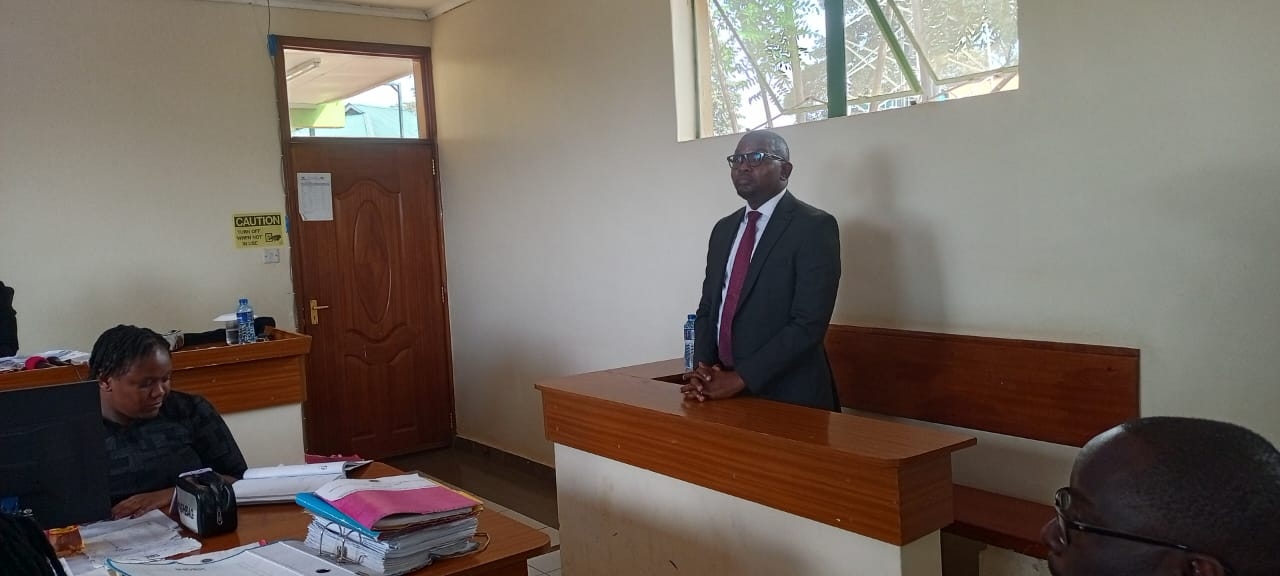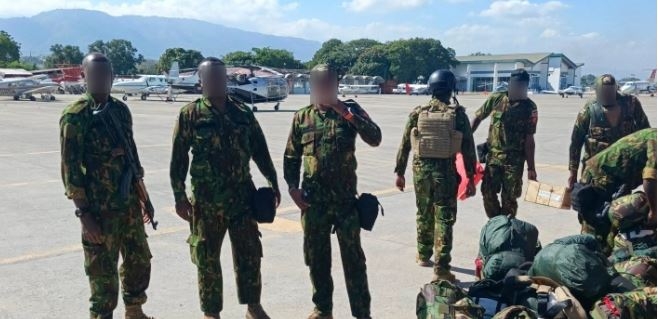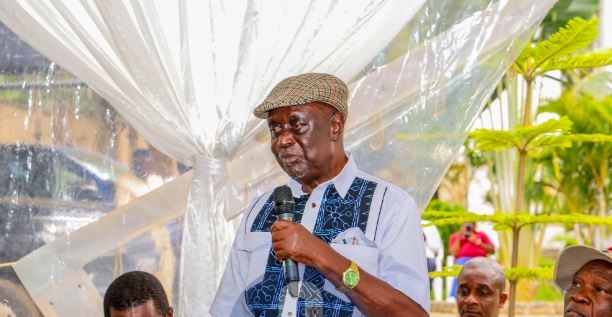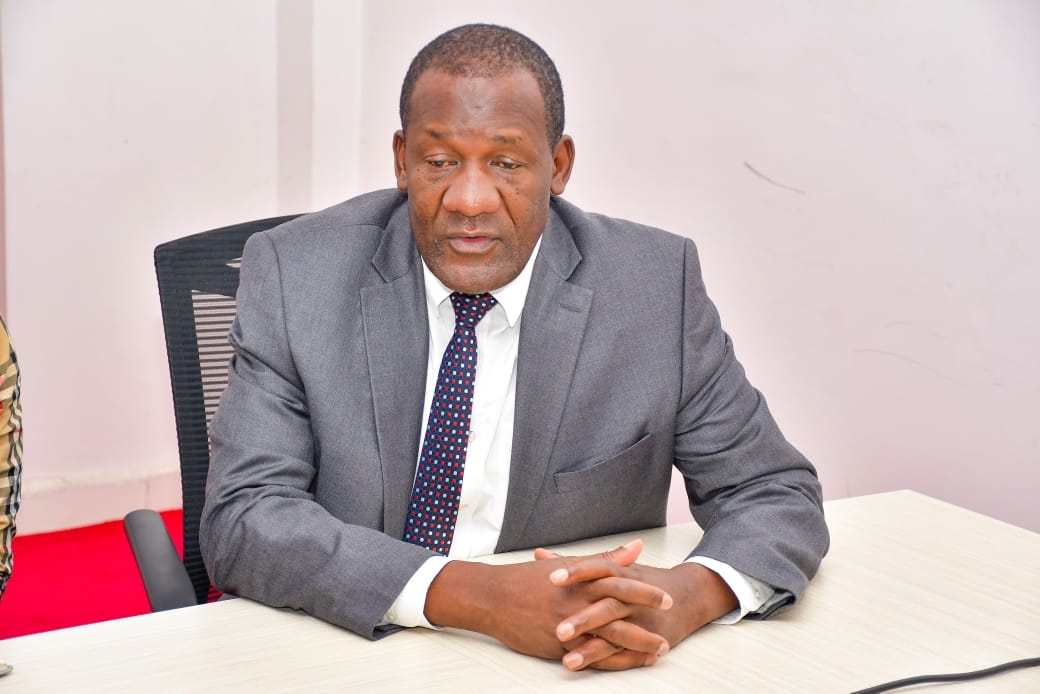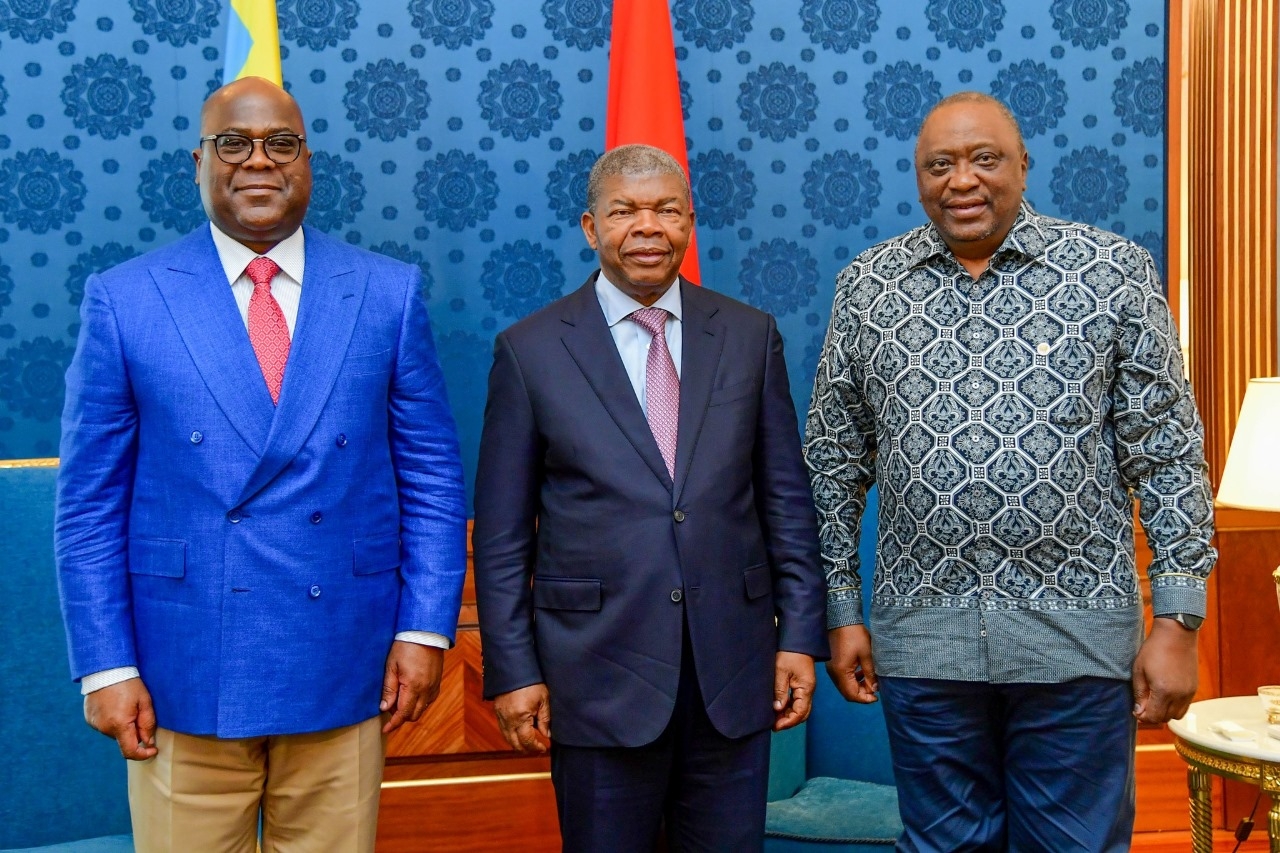Tong IL Moo-Do is swiftly establishing itself as one of Kenya’s and Africa’s fast-growing martial arts.
According to the Kenya Tong IL Moo-Do Federation, the surge in popularity can be attributed to increasing awareness of the sport among Kenyans who are eagerly embracing its unique appeal.
Kenya Tong IL Moo-Do Federation chairman Master Clarence Mwakio said, “In the past, it was challenging to introduce the sport to schools and clubs, but now we receive a warm reception wherever we go.”
Tong IL Moo-Do is a harmonious blend of soft circular and hard linear motions, incorporating techniques from various martial arts disciplines, including Karate, Taekwondo, Judo, Jujitsu, Ikodo, and Kung Fu.
The sport traces its history back to 1979 when Grand Master Joon Ho Seuk founded the sport while on a visit to the Belvedere Training Centre in America
In Kenya, the sport took root in 1987 when Filipino instructor Master Pampilo Lumibao introduced it at the University of Nairobi.
Working with his early students Henry Muingai and Francis Njiri, the sport continued spreading to various places including Kenya Polytechnic, Eastland, Dandora, Huruma, and other estates with community halls.
“They ended up opening 32 clubs in different parts of the country. It was at the Taifa Hall at the University of Nairobi where I got my first belt back in 2000,” said Mwakio.
Master Mwakio reminisces about his initiation into Tong IL Moo-Do at the University of Nairobi, highlighting the misconceptions people often have.
“People have confused the sport with karate and taekwondo, but Tong IL Moo-Do seamlessly combines all these arts under one umbrella,” he said.
He added, “Beyond physical prowess, Tong IL Moo-Do distinguishes itself by emphasizing character development, promoting values such as integration, community service, and selflessness.”
Tong IL Moo-Do in Mombasa
In the early ‘90s, Tong IL Moo-Do extended its reach to Mombasa, thanks to the efforts of the late Ben Gashine.
Gashine was one of the earliest masters in the sport. He began training in the sport in the ‘80s when it was first introduced to Kenya in Nairobi.
The sport spread to Watamu in Malindi before there was a lapse and inactivity that led to the sport’s dwindling at the coast.
It wasn't until 2000 that Mwakio came back to Mombasa after his first belt grading, where he decided to revive the sport.
“I started from square one. I began training my first student Ibrahim Chumba, then Najib Nyaoga who have grown to be masters themselves and the number kept growing over the years,” he said. Chumba is currently the head coach of the Kenya Tong IL Moo-Do national team better known as Jasiri.
Despite facing challenges, including religious and cultural barriers and funding constraints, Mwakio, upon returning to Mombasa in 2000, successfully revived the sport.
Mwakio reflects on the hurdles, stating, “Over the years, we’ve nurtured talents that have not only excelled nationally but also secured medals in international competitions, showcasing Kenya’s prowess on the global stage.”
He said a few people supported him, especially his mother who linked him up with a few politicians and businessmen who supported the game.
Mombasa Open international championships
The Mombasa Open Tong-IL-Moo-Do International Martial Arts Championship, inaugurated in 2013, has become a landmark event, attracting participants from four continents.
Despite facing challenges such as funding shortages and limited support, the event has blossomed into a symbol of Kenya’s commitment to martial arts excellence.
Mwakio said he came up with the competition because, for a long time, he never got the platform to showcase the prowess of Kenyan players in the sport.
The request to host the tournament in the country was accepted by the federation’s world governing body, but the program had to go through a vetting process.
“We did it under probation, but afterward it was accepted to be a full-fledged World Championship event. The world body committed to supporting it fully which they have done very well for the last 11 years,” Mwakio said.
In the inaugural Mombasa Open Tong-IL-Moo-Do International Martial Arts Championship in 2003, six countries participated.
“I wanted to allow Kenyan players to compete in international competitions. That has paid off and Kenya has been winning many medals for the last ten years and we believe that will continue,” he said.
Mwakio, who also doubles up as the President of the Africa Tong Il Moo-Do Federation, said he chose to host the tournament in Mombasa because the city is globally known as a tourist destination.
He said Mombasa’s low altitude also makes it easier for sportsmen and women to compete.
Mombasa, he said, is the gateway to Kenya and East and Central Africa, and as such he wanted to use Mombasa as a point of reference in terms of having a huge global standard martial arts event.
“We want to promote sports tourism through Tong IL Moo-Do and market Kenya as much as possible through the event,” he said.
He said his strong footing in Mombasa and having an active club made him opt for the coastal town.
He said the reason for naming the event Mombasa Open was to sell Mombasa globally just like city marathons in athletics do.
Despite pulling through eleven editions, Mwakio said they have encountered several challenges top on the list being funding.
The sustainability of clubs is also a challenge as many can't operate on their own. They require logistical support to operate, a thing he hopes will be taken care of in the future.
He revealed the cultural and religious effects of Mombasa also slowed down the growth of the program.
“Another big challenge we face is the lack of support from the county government of Mombasa which is the host city. The county has always given the event a wide berth and we don't understand why,” he said.
However, he remains optimistic they will strike it big with the 12th edition next year.
He believes the event can be on another level if preparations can start early.


